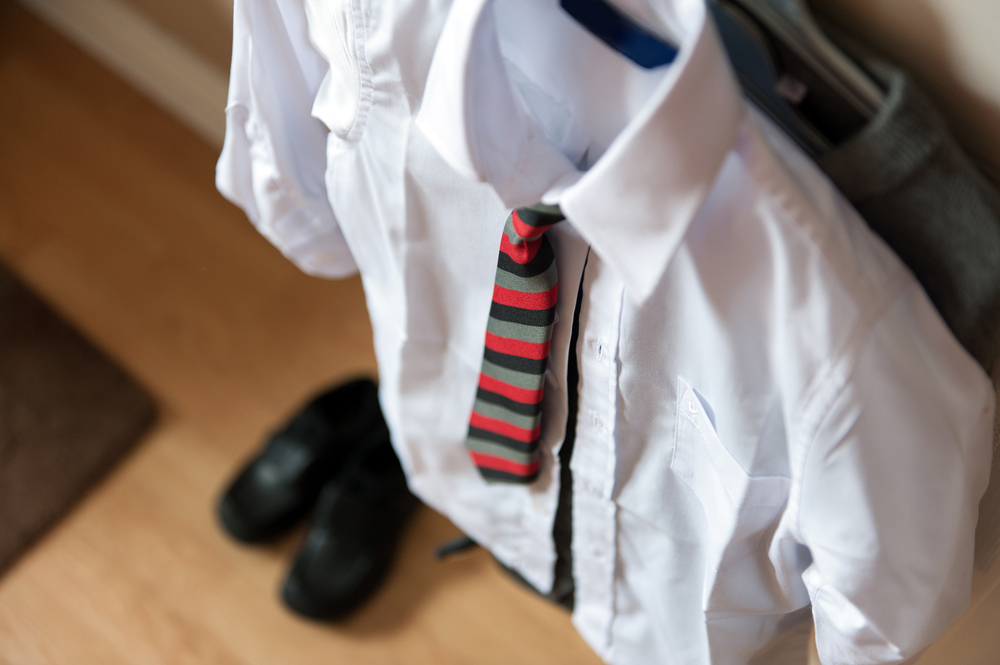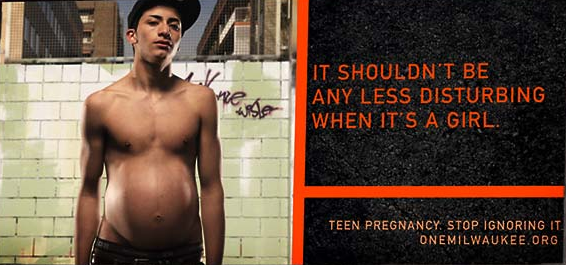Substance abuse, or the regular use of alcohol, drugs or other controlled substances, is one of the most common issues that teens face. While their desire for independence places them in situations where they can be tempted, they are not emotionally or mentally mature enough to handle the addictions that may result from their experimentation. Substance abuse can get out of hand for many reasons, and while treating the triggers and temptations are an individual process, there are programs available that help people learn how to utilize self-control. One such program is the Arbinger Principles.
The Arbinger Principles
Teens and adults that have substance abuse problems often turn to anger or continued use as a first response when they are presented with a challenge or frustration. Substance abuse, when it becomes a real problem, tends to be a solitary activity and teens may push others away when they attempt to help. Alternately, they place themselves in a victim role, which they feel negates them from taking responsibility for their actions. The Arbinger program can help your teen learn how to turn his life around and gain the skills he needs to remain on the right path. In addition, he will learn how to communicate effectively and develop the kinds of relationships that will allow him to maintain his sobriety.
The Arbinger Principles, created by the Arbinger Institute, trains individuals to use empathy and self-control to redirect their anger issues into positive motivational action, while using accountability to expose and eliminate negative thinking and take responsibility for personal actions.
The four steps to accountability include:
- See It – Acknowledge and recognize the full reality of each situation.
- Own It – Accept responsibility for your contribution to the events that led to the situation.
- Solve It – Change the situation by implementing solutions that are helpful.
- Do It – Commit to following through with the solutions you have identified, even if they are difficult.
Daily practice of the principles taught by the Arbinger Institute help participants experience on a daily basis that good communication and personal responsibility ultimately leads to better self-control and the skills needed to lead a happy and healthy life. As these guidelines are implemented and reinforced, aggression, victimization and solitude are reduced and more positive habits can take their place.
For more information on how to help your teen, visit our sit at Help Your Teen Now











0 Comments